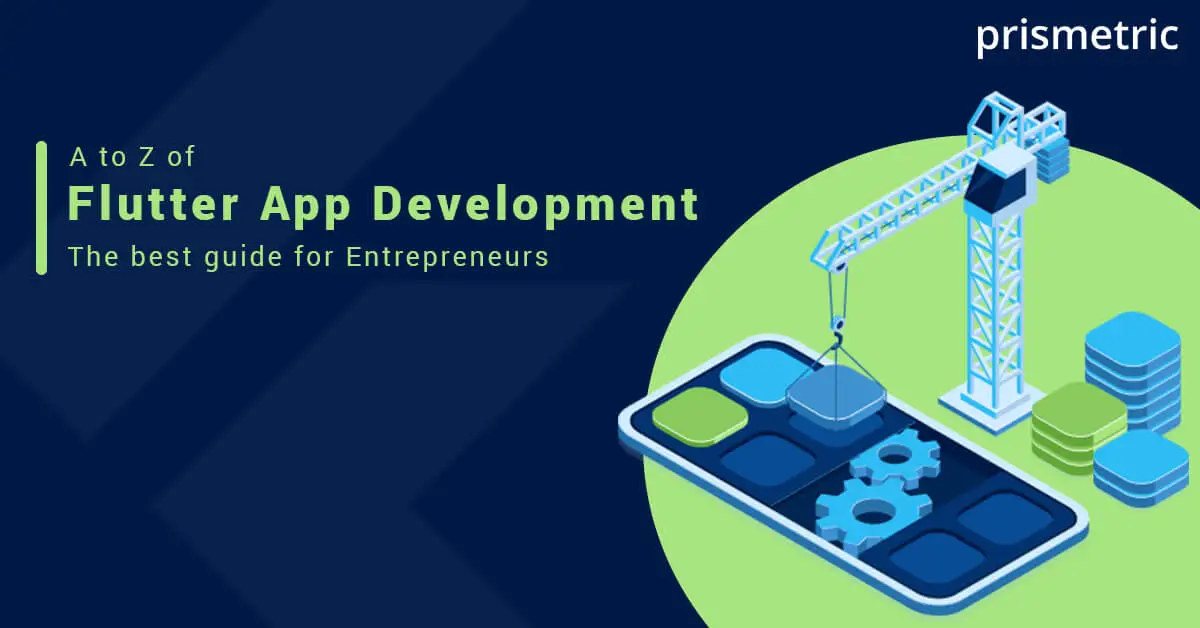Cross-platform app development is one of the most promising new technology trends. Earlier, cross-platform app development was not preferred by many development companies as the performance of cross-platform apps was not as good as that of their native counterparts. With the emergence of cross-platform app development frameworks like Flutter and React Native, this scenario has changed rapidly.
Flutter is an SDK developed by Google which allows the best flutter developers to build beautiful applications for mobile, web, and embedded devices using a single codebase. The apps developed using Flutter deliver near-native performance and this is the reason why Flutter framework has gained high popularity amongst the app developer community. As a result, there has been an increasing rise in the requirement for Flutter experts. Hire flutter developers from professional app development service providers to get the best cross-platform app for your business.
Statistics for Flutter app development
Flutter grew even in the adverse conditions of the Covid-19 pandemic – this fact highlights the resilient nature of the SDK. In its Flutter spring 2020 update, Google announced that around 500,000 skilled mobile app developers use Flutter every month.
According to Google Trends, Flutter is the second most preferred language for mobile app development after React Native to develop cross-platform mobile apps. Today, the best mobile app development company has huge teams of expert developers for both these frameworks to take care of all the requirements of the business.
Even a stack overflow survey puts Flutter as the third most loved framework after .NetCore and torch.
Around 2 million versatile mobile app developers have used Flutter since its release in 2018. Flutter has consistently gained praise from the developers’ community for being one of the best cross-platform app development frameworks to get your apps to build with a near-native experience. In this article, we will learn about the major aspects of Flutter app development. Let us start with some basics of Flutter app development.
An Overview – Flutter as Cross-Platform App Development Framework
Flutter is an open-source software development kit (SDK) that helps build cross-platform apps for mobile and web with near-native performance.
The beauty of Flutter is that it is a tool kit that can cater to all types of screens and devices. Google’s Flutter competes with other cross-platform app development frameworks like Facebook’s react native, the only suitable competitor by far.
Flutter has a massive collection of pre-built widgets, making it easier for the developers to prepare the design and layout of the mobile application.
Flutter app developers need not prepare separate codebases for iOS and Android apps as Flutter has a single code base for all the different platforms. Major organizations like Google, Alibaba, Groupon, and Square have used Flutter for their business app.
Flutter has two parts
The two parts are responsible for making flutter rise to fame in such a short time. The two parts are:
- Software Development Kit – A Software Development Kit (SDK) is a collection of tools that help the developers in developing the application. It helps to build applications for mobile, web, desktop, and embedded devices from a single codebase.
- UI elements or widgets – A framework is the collection of UI elements or widgets that help the flutter developers build the application’s front-end. The widgets or the UI elements make it easier to ensure uniformity in design across platforms.
Flutter is not a programming language, but it is a framework that helps professional flutter developers to build a mobile application. The programming language using which Flutter is built is Dart, which is also created by Google.
Advantages of Flutter app development
Each technology comes up with its own pros and cons. Google’s Flutter has many benefits. Here are some of the significant ones.
Cross-platform support
Google has created Flutter to help build near-native cross-platform apps for mobile, web, embedded, and desktop from a single codebase.
One of the prime concerns in cross-platform app development is that the look of the app changes on different operating systems. As Flutter uses the Skia rendering engine, the cross-platform apps built using Flutter would look the same on Android, iOS, mac OS, and Windows.
For top flutter developers, the cross-platform ability of Flutter can prove to be a boon as they do not have to build separate applications for Android and iOS.
Native-like performance
Normally the cross-platform mobile apps lack performance as compared to their native counterparts. But the apps built with Flutter are much better as the code allows the professional flutter developers to build apps which are truly native-like and do not require a JavaScript bridge-like in React Native framework to compile the code.
This feature of Flutter allows efficient flutter app developers to compile the code ahead of time and gives a full native-like performance on Android and iOS platforms without any lag or disruption.
Continue reading: Flutter-app-development-guide






